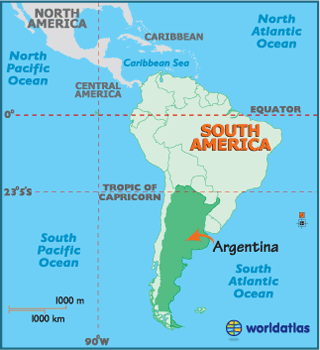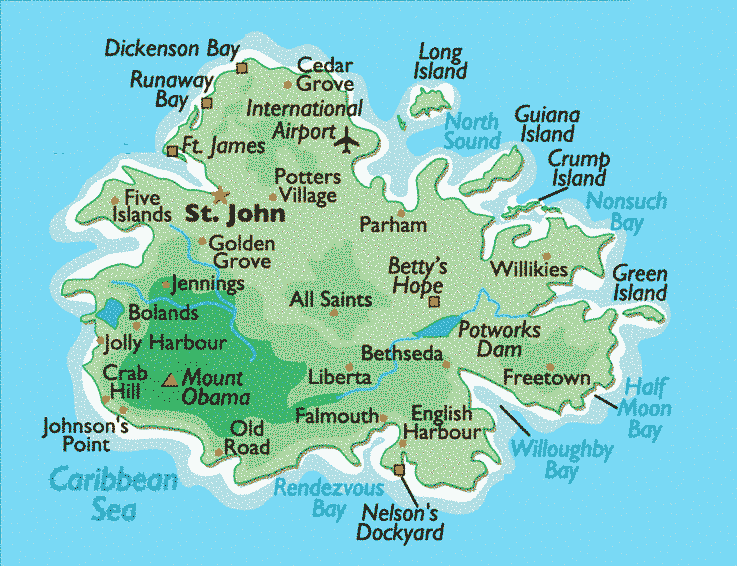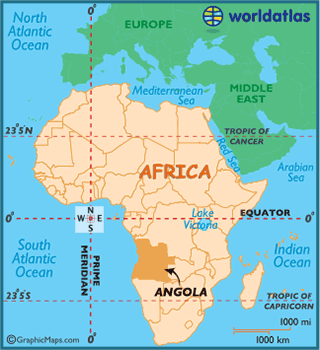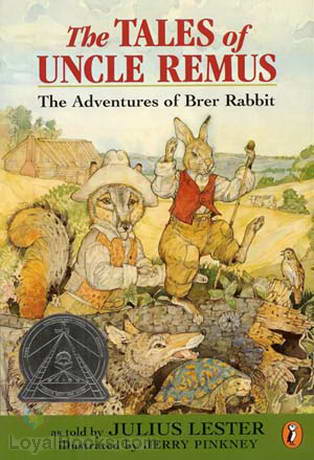CARTWHEEL
by Jennifer Dubois
by Jennifer Dubois
Cartwheel, by Jennifer Dubois, isn't really about Argentina. It just happens to be set in Argentina, which is why I selected it, but I can't claim to have learned anything about the country, its people, or culture through reading it. But that's okay because it was a really intriguing novel that spoke volumes about how difficult and dangerous it can be to be a stranger in a strange land, especially when youth and lack of experience influence one's judgment and inform one's decisions. The story is about an American college student who is studying abroad for a year in Buenos Aires. Lily is smart, confident, and hopeful but somehow, in her enthusiasm and naiveté, manages to get off on the wrong foot with her host mother, who misinterprets Lily's behavior and disapproves of her romance with Sebastien next door, and with her roommate Katy, whose demeanor is more serious, reserved, and contemplative. When Katy is brutally murdered, Lily's discordance with those who believe they know her well proves to work against her in a terrifying and irreversible way.
Neither Katy's murder nor Lily's arrest and prosecution are the focal point of the novel, however. Rather, the book is about perspective. Dubois's storytelling weaves together the points-of-view of many characters: Lily; her lover, Sebastien; her host mother, Beatriz; her prosecutor, Eduardo; her sister, Anna, her father, Andrew, and to a lesser degree her mother, Maureen. Their beliefs about Lily, who she is and what she's capable of doing, stem not only from their observations and interaction with her, but also from what they've heard from others and what assumptions they bring to the equation, irrespective of anything having to do with Lily at all. Dubois artfully crafts multiple narratives of Lily, and only through careful attention and close reading is the reader likely to pick up on all of the subtleties and nuances of what details lead to which misconceptions.
Who is Lily? No one truly knows, including Lily herself since that is both the curse and the blessing of the young adult. She went to Argentina for the very purpose of beginning the journey to discover herself, a journey that is horrifically interrupted by Katy's death.
The author discloses that the inspiration for the book was the case of Amanda Knox, an American college student who studied in Italy and found herself in identical circumstances to the fictional Lily. Most of the fact pattern in Lily's case follows closely, if not exactly, with Amanda's. What Dubois does with her novel is take us inside the minds of those involved. Anyone who followed the Knox case probably felt perplexed and disturbed and indignant and sympathetic all at the same time. Dubois illustrated for us what we should know but often forget in the human drama that takes place all around us ... that things are often not as they seem and that it is impossible to ever be free of bias and assumption. In terms of Lily's guilt or innocence, we don't get to explore this much, not even through peeking inside Lily's thoughts. Dubois sticks tightly to the theme of perspective, and what we know about Lily is mainly what she thinks and feels and assumes about others.
Cartwheel is what I call a "head book." There's not a lot of action. Instead, it's largely philosophical and extremely intellectual. I literally read every single word for fear of missing some fascinating detail that would help me to understand. If only we listened to one another so closely ...
Other Books Considered
Imagining Argentina, by Lawrence Thornton
Departing at Dawn, by Goria Lis
The Honorary Consul, by Graham Greene
Stealing Mona Lisa, by Carson Morton (mystery, Kirkus Reviews' Best of 2011 Fiction and a Library Journal Best Mystery of 2011) **
Life, After, by Sarah Darer Littman (YA)
An Open Secret, by Carlos Gamerro
The Ministry of Special Cases, by Nathan Englander
The Lighthouse at the End of the World, by Jules Verne
Blood Tango, by Annamaria Alfieri
The Story of the Night, by Colm Toibin
No Place For Heroes, by Laura Restrepo
The Foreigners, by Maxine Swann
The Buenos Aires Broken Hearts Club, by Jessica Morrison
The Secret in Their Eyes, by Eduardo Sacheri
The Tango Singer: A Novel, by Tomas Eloy Martinez
The Tango Singer: A Novel, by Tomas Eloy Martinez























